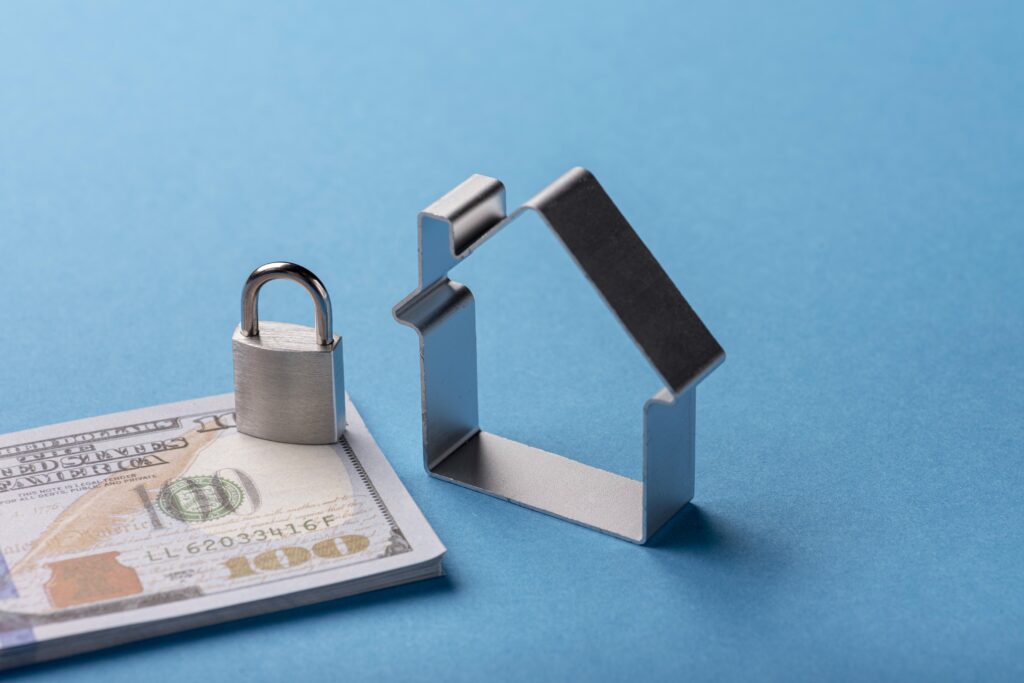The credit-driven economy of today requires millions of Americans to use credit cards for their daily expenses and their unexpected emergencies. The tools provide flexibility to users but failing to make payments for an extended period leads to a charge-off which becomes one of the most harmful financial events for borrowers.
A charge-off indicates to lenders that they have exhausted all standard collection methods while also creating a negative credit report entry which makes it challenging to obtain loans or rent apartments or secure particular employment.
The article explains charge-off definitions together with credit score effects and provides proven methods to recover from this situation while protecting your credit score.
What Is a Charge-Off?
A charge-off happens when creditors declare your debt as a loss because you have not paid your required payments for at least 180 days (six months) on credit cards or 120 days for installment loans.
It’s important to note:
- The debt is not forgiven. You still legally owe the balance.
- Charge-off is primarily an accounting action for the lender’s books.
- The debt can be collected by the original creditor or sold to a collection agency.
How Charge-Offs Appear on Your Credit Report
Major credit bureaus Experian Equifax and TransUnion receive reports about charge-offs which stay on your report for seven years starting from the first payment miss that led to the charge-off.
They typically appear as:
- “Charged-off” under account status.
- “Past due” with the full balance listed.
- The negative impact becomes double when a collections account appears after the account gets sold to collections.
Impact on Your Credit Score
Immediate Drop in Score
A charge-off can cause a drop of 100+ points depending on your starting score. Borrowers with high credit scores experience the largest drop.
Long-Term Damage
The seven-year duration of charge-offs allows them to impact creditworthiness even after the debt has been paid.
Credit Utilization Effect
The outstanding balance on revolving credit accounts such as credit cards will continue to affect your credit utilization ratio which will decrease your credit score.
Loan Approval Difficulty
The majority of lenders reject loan applications when applicants have recent charge-offs especially during the first two years following the charge-off event.
Charge-Off vs. Collection: Key Differences
| Feature | Charge-Off | Collection |
|---|---|---|
| Who owns the debt | Original creditor | Third-party collection agency |
| Credit report | Shows as “charged-off” | Shows as “in collections” |
| Impact | Significant score drop | Additional negative entry |
| Repayment | Paid directly to creditor | Paid to collection agency |
Can You Remove a Charge-Off From Your Credit Report?
Complete removal is rare unless:
- The reporting is inaccurate (Fair Credit Reporting Act gives you the right to dispute errors).
- The creditor agrees to a “pay-for-delete” arrangement (less common with major banks).

Strategies to Recover From a Charge-Off
Pay the Debt in Full (Preferred Option)
- The payment plan stops new interest charges and fees from building up.
- The credit report shows a “paid charge-off” status which lenders view more positively.
Negotiate a Settlement
- Offer a lump sum less than the full balance.
- Request the creditor updates the report to “settled in full.”
- Be aware: Settling for less than owed still impacts credit negatively but is better than leaving it unpaid.
Set Up a Payment Plan
- The account remains protected from collection agency sales.
- The account shows good faith to future lenders.
Dispute Inaccuracies
- Check for wrong dates, balances, or status.
- File disputes with all three credit bureaus.
How to Prevent a Charge-Off in the First Place
- You should notify your lenders about payment difficulties before they occur.
- Many creditors provide hardship programs which include payment reduction options and temporary interest rate reductions.
- You should look into debt consolidation loans to merge multiple debts into one payment with lower interest rates.
- You should work with credit counseling agencies to create structured repayment plans.
You should look into debt consolidation loans to merge multiple debts into one payment with lower interest rates.
Real-World Example
Case Study:
Maria lost her job which caused her 750 credit score to drop after she missed payments on her $8,000 credit card debt. Her credit score decreased to 640 after her account became charged-off when she missed payments for six months.
She reached a settlement agreement to pay $5,500 which reduced her debt by $2,500 and allowed her to update her credit report to show “settled in full.” Her credit score reached 690 after she made regular timely payments on her other accounts for 18 months.
A charge-off represents one of the most severe credit-damaging events but it does not prevent you from achieving financial recovery. The process of understanding charge-offs combined with creditor negotiation and disciplined repayment strategies enables you to reduce the damage while rebuilding your credit in the long term.

Hi, I’m Fernando Pham, and welcome to WhyDetails.com! I’m from San Francisco, and I love exploring questions and sharing answers through my blog.



